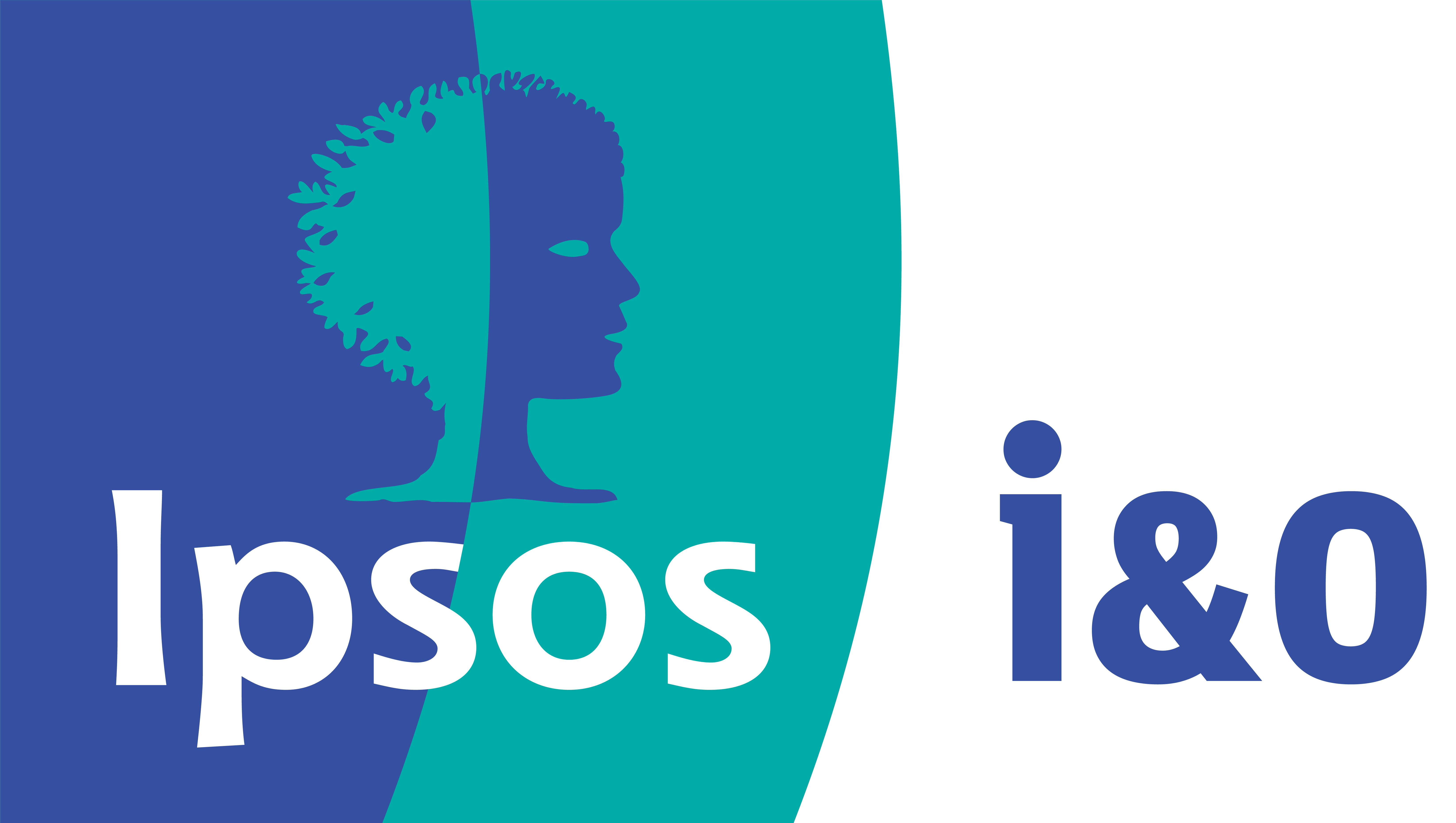Search
-
Chief Value Creator?: The changing role of the Chief Sustainability Officer (CSO)
Here we explore the changing role of the CSO and what this tells us about how organisations are responding to the challenges of ESG and sustainability.
-
What is driving change: the role of stakeholder management
While the concepts that sit behind ESG are certainly not new - and have been at the centre of corporate strategy for decades - the growth and formalisation of ESG as an explicit mission have been catalysts for change. The impacts of this change are far reaching including how companies define, prioritise and manage their stakeholders. This is demonstrated by the rise of stakeholder capitalism, the notion that businesses no longer exist to create profit for shareholders/owners, but instead have a responsibility to create value for a much broader set of stakeholders.
-
Doing well by doing good: resilience, risk and the reputation value of ESG
ESG creates opportunity, in particular, it helps to drive innovation. Its ‘sustainability lens’ forces businesses to think critically about the long-term value they create, and to identify new trends, business opportunities and partnerships. More broadly, ESG is an increasingly powerful tool to strengthen corporate reputations.
-
The future of ESG?
In light of a recent backlash against ESG investing, we take a critical look at the ESG framework and explore its future relevance for CSOs and organisations.
-
ESG – a time for leadership, focus and communication, but above all action
Concluding from the latest Ipsos ESG Council report, it's increasingly clear ESG's role as an agent for positive change.
-
Envisioning the future of user experiences
Good UX practice can positively impact customer acquisition, retention, and engagement. Take a peek behind the curtain at the Ipsos approach to UX and how we ensure our clients deliver business results with great UX.
-
Pharma knocks tech off the top spot as most trusted industry in Ipsos' latest global report on Trust
Business leaders are not trusted to tell the truth – yet are seen to have a responsibility to speak out on issues according to the new Ipsos Global Trustworthiness Monitor report.
-
Putting in the Effort: Why treating customers fairly is key to business success
Measuring customer effort in isolation is not enough. Organisations need to measure the Customer: Company Effort Ratio (C:CER) which takes both perceived customer and company effort into account.
-
When Difference Doesn’t Mean Different: Understanding Cultural Bias
Running global Customer Experience studies provides both better value for money than individual country studies and a degree of standardisation across markets. However, their validity remains at risk from an age-old research problem: cultural bias.
